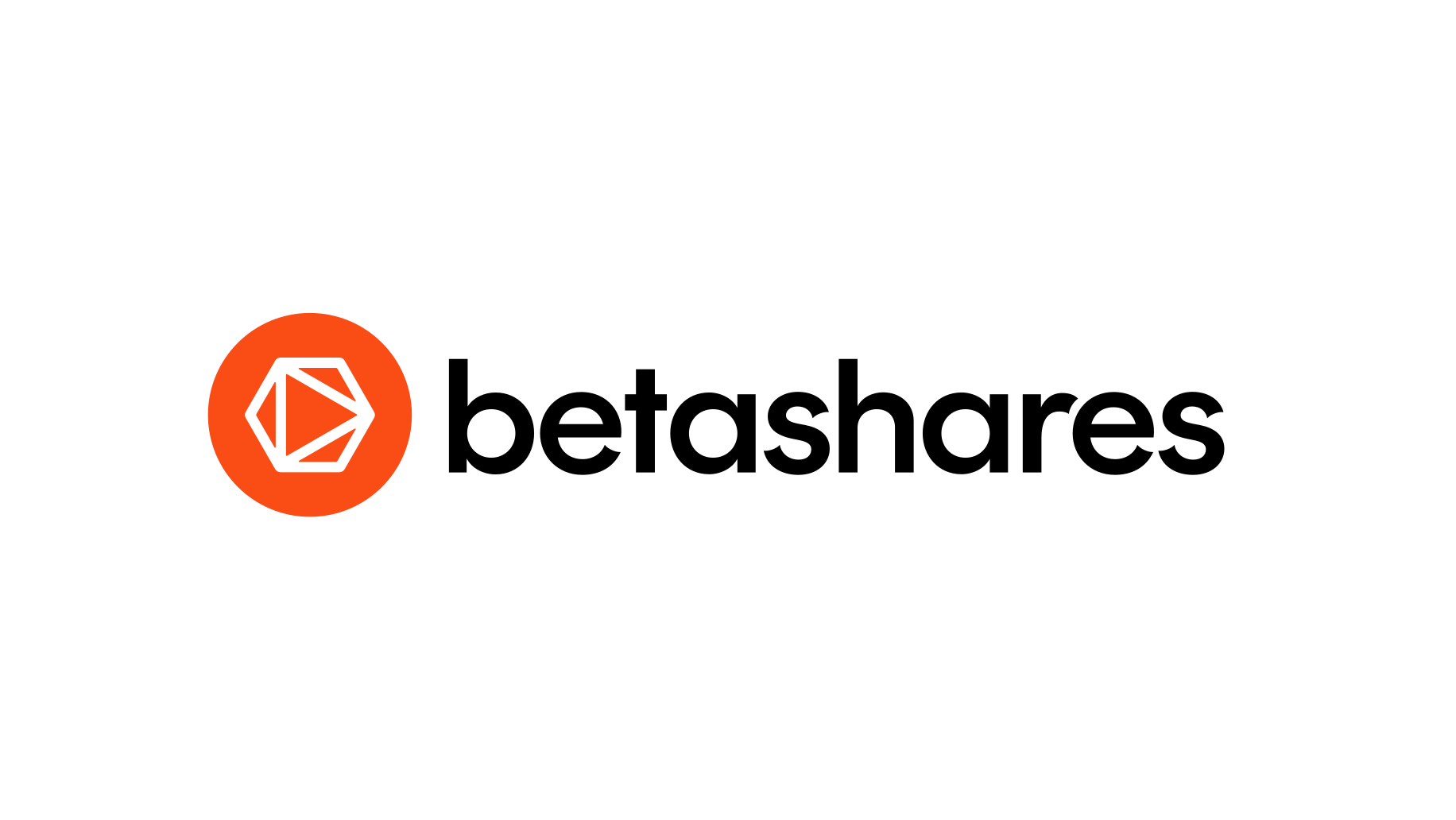
Asian equity resurgence warrants rethink via ETFs

After experiencing a bonanza year in 2025 – outperforming the S&P 500 Index - Asian equities look set to extend their winning streak in 2026, after climbing 7.5% in January alone. As of mid-February, the MSCI Asia Pacific Index has surged more than 12% year-to-date - its best start to the year this century. Meanwhile, the S&P 500 and the NASDAQ 100 are down 0.52% and 1.22%, respectively, over the same period, which marks the weakest start to the year for United States stocks relative to the rest of the world since 1995. What’s clearly playing on the performance of these two U.S. exchanges is the rotation away from U.S. tech stocks. According to the latest Bank of America Global Fund Manager Survey, investors have slashed their allocations to U.S. tech equities and are now a net 5% overweight to technology, compared to a net 19% overweight a month ago. Propelled by strong performances in Japan, Taiwan, Korea and Thailand, Bloomberg’s Asia Pacific market index has also surged by around 11% this year.Valuation playUndervalued Asian equities that offer similar growth to U.S. tech – that trade on significantly lower PE multiples – appear to be benefitting from the rotation of global capital away from the U.S software comp







